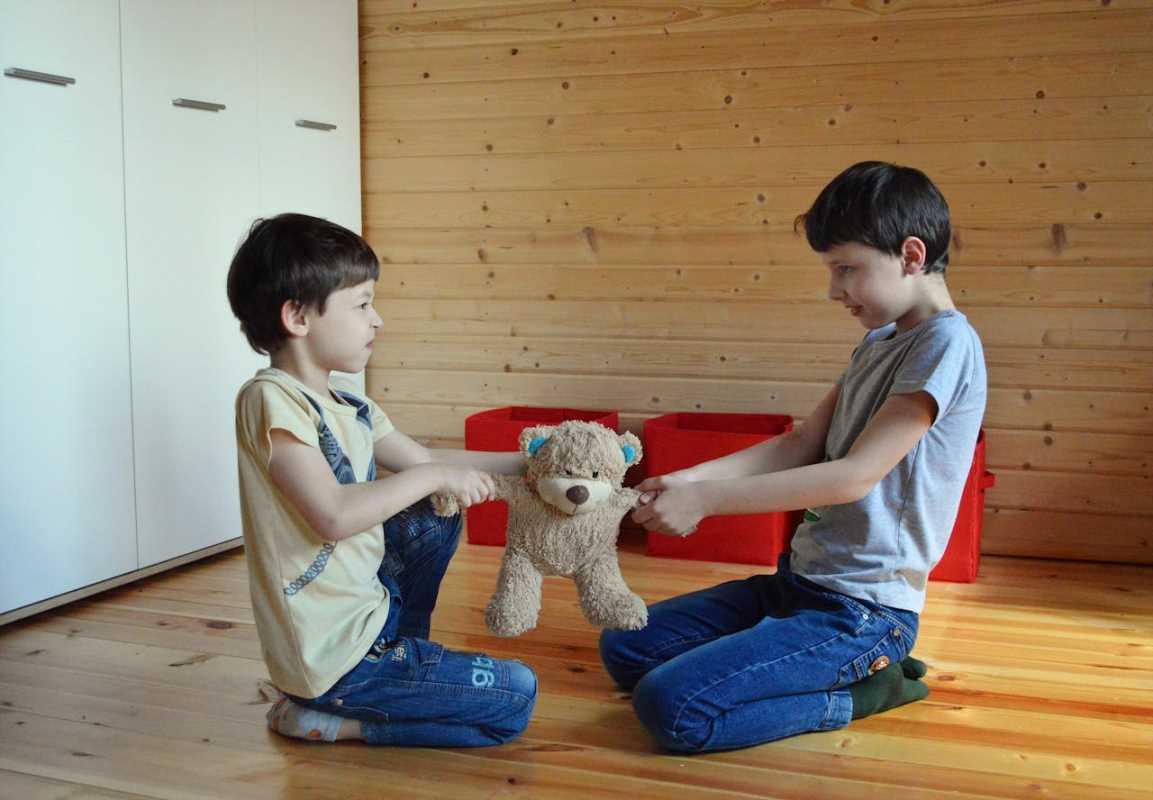Balancing family roles and responsibilities is a delicate but essential task for creating a harmonious home. Clear expectations prevent unnecessary stress and help family members work together cohesively. However, establishing fair and sustainable roles requires intentionality, open communication, and a willingness to adapt. Whether it’s dividing household tasks or supporting each other emotionally, setting clear expectations ensures every member feels valued and respected.
By adopting these methods, families can minimize tension, improve collaboration, and cultivate a positive household environment where everyone thrives.
Communicate Openly and Clearly
Effective communication is the foundation of setting fair expectations. When family members discuss roles and responsibilities openly, misunderstandings and built-up frustrations can be avoided.
- Host regular family meetings. Use these opportunities to talk about household needs, goals, and shared responsibilities. Allow everyone a chance to voice their opinions and concerns.
- Clearly state expectations. Avoid vague or implied messages like “help out more” and be specific instead, such as, “Please unload the dishwasher every evening.”
- Encourage questions. Ensure everyone understands their roles by creating space for clarification and collaboration. Something as simple as, “Does this schedule work for you?” goes a long way in building trust.
Open dialogue ensures family members feel heard, respected, and aligned on shared goals.
Identify Strengths and Weaknesses
A household runs most efficiently when responsibilities align with individual strengths. Taking the time to assign tasks that match skills and preferences can make a big difference in maintaining balance.
- Consider practical abilities. For example, a tech-savvy teen may excel at managing household gadgets, while someone detail-oriented might thrive with budgeting and planning.
- Be mindful of interests. Assign tasks that tap into personal passions where possible. A family member who enjoys cooking could take charge of meal prep, while someone who prefers outdoor activities might handle yard work.
- Acknowledge limitations. Ensuring roles are realistic and within each person’s capability reduces burnout and frustration.
By leveraging individual strengths, families can distribute tasks efficiently while supporting each person’s contributions.
Divide Responsibilities Equitably
An equitable division of labor ensures no one person in the household is unfairly burdened. When roles are distributed fairly, family members feel respected and appreciated.
- Create a chore rotation. Rotating tasks prevents monotony and promotes shared accountability. For instance, schedule different family members to take turns with laundry or cooking.
- Balance workloads. Adjust responsibilities based on each person’s availability. For example, adults with long work hours may handle weekend tasks, leaving simpler daily chores to those with more free time.
- Avoid traditional gender roles. Ensure roles are assigned based on preference or ability instead of outdated norms. Fair division is about functionality, not arbitrary rules.
Fairness fosters teamwork and reduces resentment, creating a healthier family dynamic.
Set Realistic Expectations
Unrealistic goals often lead to unnecessary stress and tension at home. Managing expectations by considering individual circumstances keeps the family running smoothly.
- Define what “clean” or “organized” means. Different people have different standards, so agree on a shared understanding rather than assuming everyone operates the same way.
- Factor in age and ability. A child might be expected to make their bed, but more complex tasks, like fixing a leaking faucet, should remain an adult’s responsibility.
- Accept imperfection. A spotless home every hour of the day is rarely realistic, especially for busy households. Flexibility and understanding are crucial for maintaining a happy balance.
Setting realistic expectations reduces unnecessary pressure and helps everyone stay motivated.
Encourage Accountability
Once roles are assigned, holding one another accountable creates a healthy dynamic of mutual respect. Accountability encourages follow-through without placing undue blame or stress on individuals.
- Use visual tools. A family responsibility chart or shared digital app can track tasks and deadlines while serving as a collective reminder.
- Avoid micromanaging. Trust family members to handle their assigned duties without constant oversight. Express praise when things are done well to reinforce positive behavior.
- Establish consequences. Missed responsibilities should come with reasonable, agreed-upon follow-up actions. For example, skipping a chore might mean swapping an extra duty the following week.
Accountability empowers individuals while ensuring household tasks are consistently managed.
Regularly Reassess and Adjust
Roles and responsibilities should adapt as family needs and circumstances change. Regular check-ins keep agreements relevant and prevent imbalanced workloads.
- Reevaluate task lists frequently. Life transitions, such as a new job or school semester, might require shifting responsibilities. Be willing to make changes as needed.
- Gather family input. Encourage open dialogues about what’s working and what’s not. Asking questions like, “Are there tasks you’d like to trade or share?” creates collaborative solutions.
- Stay flexible. Unexpected events, like illness or travel, may require temporary redistribution of duties. Approach these moments with compassion for others.
Routine adjustments keep the family on track even during changing circumstances.
Foster Mutual Support
Building a family culture of support helps prevent resentment and ensures everyone’s well-being is a priority. Families that work together thrive together.
- Offer help willingly. If a family member struggles with a task, stepping in voluntarily shows solidarity. For example, you might say, “I noticed you’ve been really busy this week. Can I take care of your chore tonight?”
- Celebrate teamwork. Acknowledge and appreciate moments of collaboration. Hosting a movie night after completing a big family clean-up can make it feel rewarding.
- Share emotional burdens. Beyond practical tasks, family members should feel comfortable leaning on each other during difficult times. Phrases like, “I’m here to help however I can,” foster trust and connection.
Supporting one another solidifies family bonds and fosters a positive, collaborative atmosphere.
Small changes today pave the way for long-term harmony, enabling families to tackle life’s demands while nurturing lasting connections. Taking the time to map out clear, inclusive expectations benefits not just the household but each individual within it.
 (Image via
(Image via





